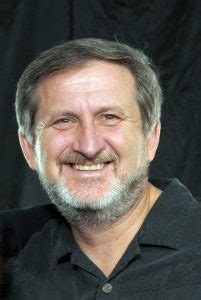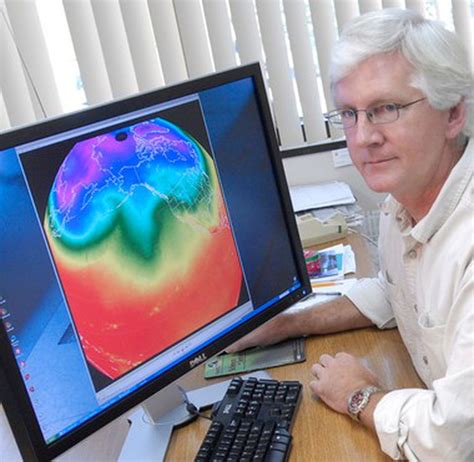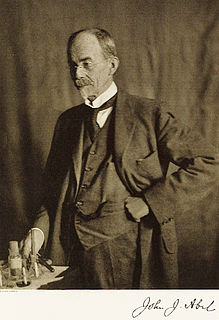A Quote by Bruce Alberts
In evolution, as in all areas of science, our knowledge is incomplete. But the entire success of the scientific enterprise has depended on an insistence that these gaps be filled by natural explanations, logically derived from confirmable evidence. Because "intelligent design" theories are based on supernatural explanations, they can have nothing to do with science.
Related Quotes
My colleague Sen. Rick Santorum, Pennsylvania Republican, erroneously suggested that I support the teaching of intelligent design as an alternative to biological evolution. That simply is not true. ... Unlike biological evolution, intelligent design is not a genuine scientific theory and, therefore, has no place in the curriculum of our nation's public school science classes.
Now, science cannot completely exclude the possibility of supernatural explanation. It is possible though very unlikely that our whole world is controlled by elves. But supernatural explanations like these are simply never needed; we manage to understand the natural world just fine using reason and materialism.
The theory that the biosphere was created without evolution, a few thousand years ago, is ruled out by overwhelming scientific evidence. To claim that there are 'alternative (always better) Biblical explanations of the same data', which make creationism a reasonable alternative to our best theories of biology and physics, is appalling intellectual dishonesty.
Scientists rightly resist invoking the supernatural in scientific explanations for fear of committing a god-of-the-gaps fallacy (the fallacy of using God as a stop-gap for ignorance). Yet without some restriction on the use of chance, scientists are in danger of committing a logically equivalent fallacy-one we may call the “chance-of-the-gaps fallacy.” Chance, like God, can become a stop-gap for ignorance.
How could you ask me to believe in God when there's absolutely no evidence that I can see? I do believe in the beauty and the awe-inspiring mystery of the science that's out there that we haven't discovered yet, that there are scientific explanations for phenomena that we call mystical because we don't know any better.
The relevant features of scientific practice often have mundane explanations which don't point to any deep metaphysical moral. (Thus it would simply be messy and pointless for the chemists to essay physical reductions, or for the biologists to offer number-free explanations. It's a weird kind of science-worship that views these practical considerations as clues to the nature of reality.)
We often say that our science is objective and accurate, but we don't often say that our science is incomplete - that although the established parts of natural science are very well tested and the evidence makes a compelling case for things being as they've been described, there nevertheless are open questions that we cannot answer.
All scientists should be skeptics. The reason why is that, even with the best of scientific measurements, we can come up with all kinds of explanations of what those measurements mean in terms of cause and effect, and yet most of those explanations are wrong. It's really easy to be wrong in science ... it's really hard to be right.



























